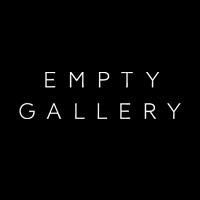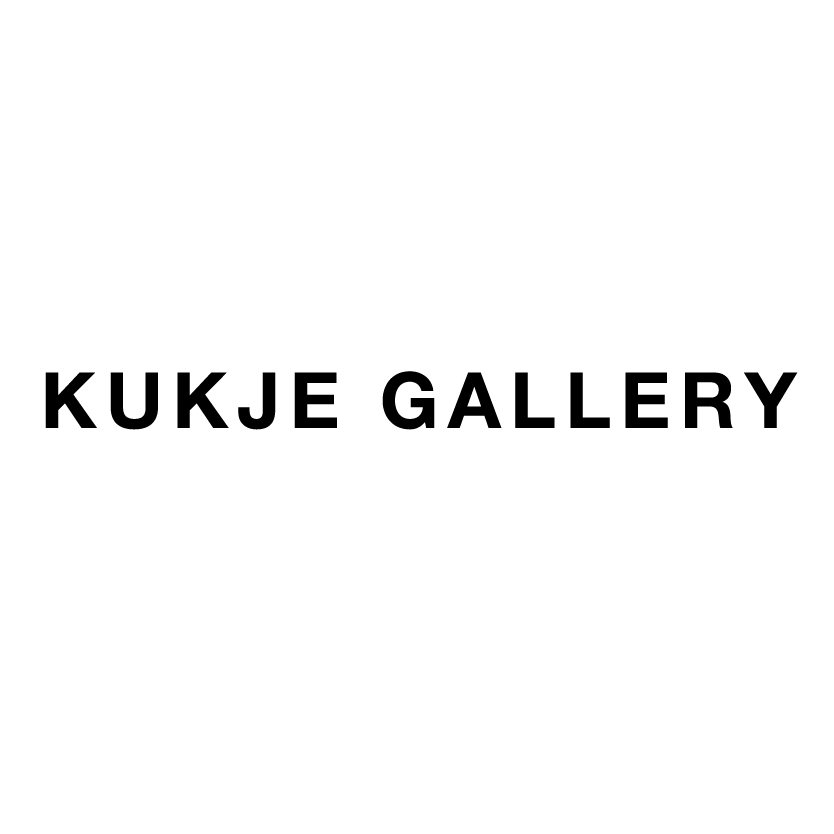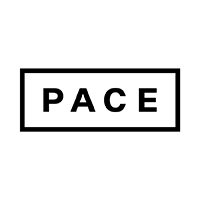Forensic Architecture Director Denied Travel To United States
By HG Masters

The United States has revoked EYAL WEIZMAN’s visa waiver over unspecified security issues. Courtesy
Two days before the author and architect Eyal Weizman was due to travel to Miami for a survey exhibition of Forensic Architecture, the human-rights research group that he founded in 2010 at Goldsmiths, University of London, the United States notified him that it had revoked his visa waiver over unspecified security issues. When Weizman, who holds both Israeli and British passports, subsequently went to the US Embassy in London to apply for a visa, he was told that officials did not know why his visa waiver had been revoked but that he had been flagged by “an algorithm.” He was asked to give the US Homeland Security department details about his travel and the names of people he had met over the past 15 years. Weizman declined to provide that information.
Forensic Architecture’s investigations and research projects rely upon firsthand accounts of contested events, often provided by vulnerable and persecuted individuals. Using the techniques of architectural modeling, geolocation, sonic and visual analysis of found footage, and witness testimonies, the group has conducted investigations into pressing and politically sensitive issues including civilians killed by CIA drone strikes in Pakistan; the Israeli military’s destruction of Bedouin villages in occupied Palestine; the Assad regime’s mass killing and torture in a Syrian prison; European Union border guards’ abuse of migrants crossing the Mediterranean; and the Chicago police killing of an African-American man stopped in the street. Forensic Architecture was nominated for the Turner Prize in 2018, and has participated in major international exhibitions including the 2016 Venice Architecture Biennale and Documenta 14 in 2017.
The topic of what Weizman calls the “arbitrary logic of the border” underlies many of Forensic Architecture’s projects. In the US, the group conducted an investigation into officials’ use of tear-gas grenades against unarmed migrants crossing the southern border, a project shown at the 2019 Whitney Biennial. The company that manufactures the teargas, Safariland Group, is owned by Warren B. Kanders, formerly the vice chair of the board of trustees of the Whitney Museum of American Art. The revelations prompted the collective and other artists and groups to boycott and protest the 2019 Whitney Biennial.
In a statement published on the website of the London Review of Books, Weizman describes the ordeal and criticized the government surveillance tactics that his case exemplifies. “This much we know: we are being electronically monitored for a set of connections—the network of associations, people, places, calls and transactions—that make up our lives. Such network analysis poses many problems, some of which are well known. Working in human rights means being in contact with vulnerable communities, activists and experts, and being entrusted with sensitive information. These networks are the lifeline of any investigative work. I am alarmed that relations among our colleagues, stakeholders and staff are being targeted by the US government as security threats.”
Forensic Architecture’s exhibition opened on February 19 at The Museum of Art and Design in Miami, which is located in the recently renovated national historic building named Freedom Tower. At the opening, Weizman had planned to announce a new project by the group, a joint investigation with local groups into human-rights violations at the Homestead detention center in Florida, “where migrant children have been held in what activists describe as ‘regimented, austere and inhumane conditions.’”
Human rights groups registered their outrage at the US government for barring Weizman’s entry. Margaret Huang, executive director of Amnesty International USA, called the decision “ludicrous” and said: “This is ideological exclusion via algorithm, a troubling indicator of the bias and irrationality of the high-tech security state.” Huang also noted that the US has a “long history” of denying people entry to the country on ideological grounds “to keep US audiences from being exposed to dissident viewpoints.” During the Cold War, the US denied visas to Chilean poet Pablo Neruda, Colombian Nobel Prize laureate Gabriel García Márquez, Palestinian poet Mahmoud Darwish, and Japanese novelist Kobo Abe.
HG Masters is the deputy editor and deputy publisher of ArtAsiaPacific.
To read more of ArtAsiaPacific’s articles, visit our Digital Library.







